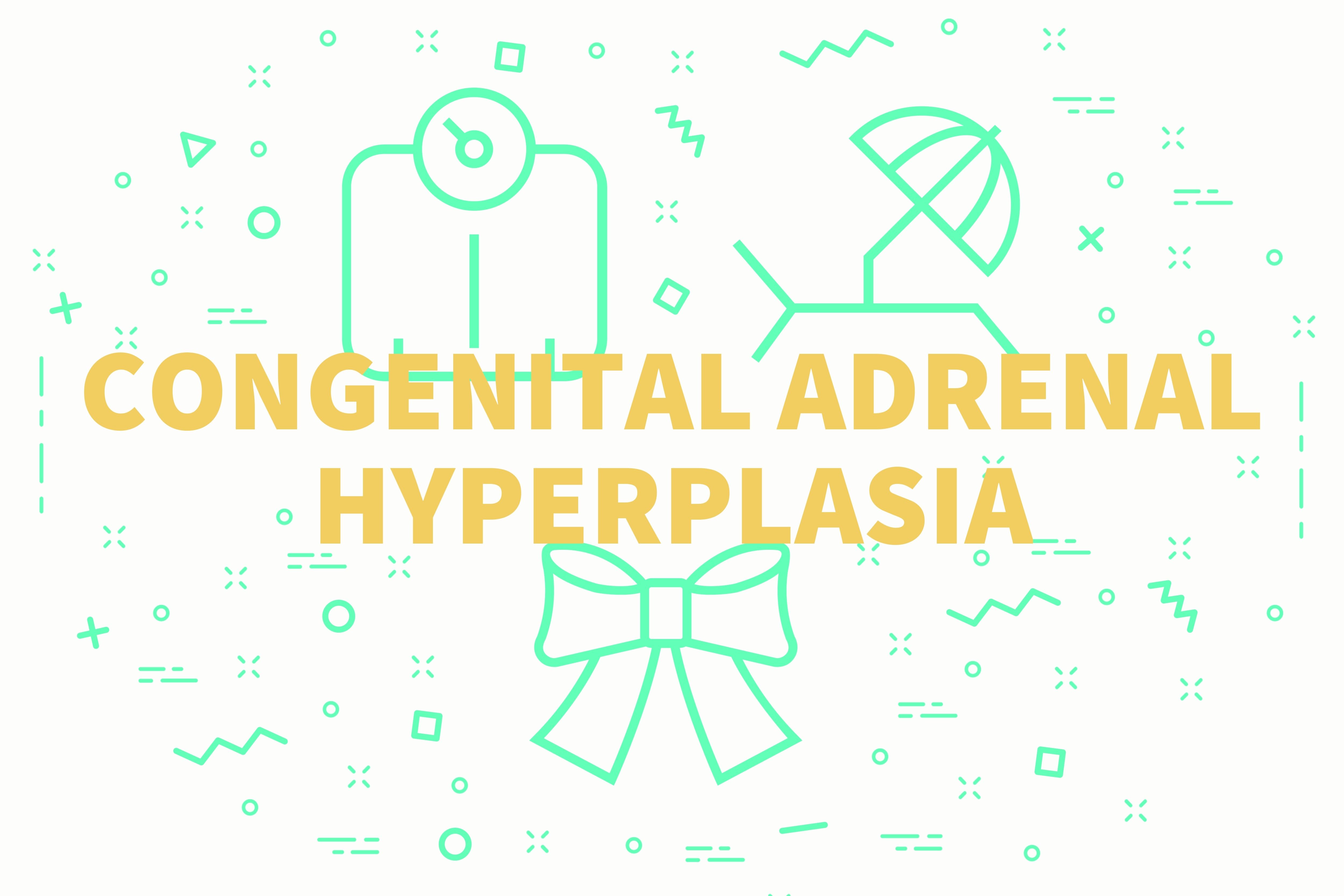Article highlights
- Crinecerfont, an investigational oral treatment, shows promise in controlling adrenal androgens in children and adolescents with classic congenital adrenal hyperplasia (CAH).
- In a phase 3 study with 103 participants aged 2 to 17, crinecerfont significantly reduced serum androstenedione levels compared to placebo.
- Patients treated with crinecerfont were able to decrease their daily glucocorticoid dose while maintaining androgen control, a significant achievement in CAH management.
- The innovative approach of crinecerfont offers a potential solution for managing CAH without relying on traditional glucocorticoid treatments.
- These findings mark a significant step in shifting the treatment paradigm for CAH and improving clinical outcomes related to androgen excess.
Crinecerfont (Neurocrine Biosciences) has demonstrated positive phase 3 data to treat children and adolescents with classic congenital adrenal hyperplasia (CAH) due to 21-hydroxylase deficiency, according to a press release from Neurocrin Biosciences.
Crinecerfont, an investigational, oral, selective corticotropin-releasing factory type 1 receptor antagonist, achieved the primary and key secondary endpoints in the phase 3 CAHtalyst Pediatric Study (NCT04806451), which evaluated efficacy, safety, and tolerability. The treatment is being developed to help control and reduce excess adrenal androgens via a steroid-independent mechanism, according to the manufacturer.
CAH refers to a group of genetic conditions that can lead to an enzyme deficiency which can change the production of adrenal hormones that are essential for life. Of all CAH cases, approximately 95% are because of a mutation that leads to an enzyme 21-hydroxylase (21-OHD) deficiency. Severe deficiency of this enzyme in classic CAH can lead to the inability of the adrenal glands to produce cortisol, and in about 75% of cases, aldosterone.
The phase 3 pediatric study featured 103 male and female children and adolescents aged 2 to 17 years. The 28-week, randomized, double-blind, placebo-controlled study began in July 2021. The primary outcome was a statistically significant decrease in serum androstenedione from baseline at week 4 compared to placebo, following a glucocorticoid (GC) stable period, which crinecerfont achieved (P = .0002). Consistent with the Phase 3 CAHtalyst Adult Study (NCT04490915), patients treated with crinecerfont had a statistically significant reduction from baseline in daily GC dose, while maintaining androgen control at 28 weeks compared to placebo (P < .0001).
Of crinecerfont-treated patients, approximately 30% achieved a reduction to a physiologic GC dose while keeping androgen control, compared to 0% in placebo-treated patients. A statistically significant decrease in serum 17-hydroxyprogesterone from baseline at week 4, another key secondary outcome, was also observed compared to placebo (P < .0001). Twenty-four weeks of open-label crinecerfont treatment and optional open-label extension followed the study. This portion is still ongoing.
“As a pediatric endocrinologist, I'm highly encouraged by the results from the CAHtalyst Pediatric study and the potential of crinecerfont to shift the treatment paradigm for a disorder that has seen little innovation in many decades," said Kyriakie Sarafoglou, MD, professor, Department of Pediatrics, Department of Experimental and Clinical Pharmacology, Divisions of Endocrinology and Genetics & Metabolism, University of Minnesota in the press release. "The data suggest that crinecerfont might enable us to smooth out the numerous adjustments we have to make in glucocorticoid doses to manage high androgen levels as children grow, potentially improving clinical outcomes related to androgen excess as well as chronic supraphysiologic glucocorticoid dosing."
Currently, there are no nonglucocorticoid treatments approved by the FDA for classic CAH, according to Neurocrine Biosciences. GC treatment at supraphysiologic doses has been previously associated with complications of steroid excess, such as weight gain, diabetes, cardiovascular disease, and osteoporosis. Congnitive and psychological impacts such as mood and memory changes could stem from long-term treatment with supraphysiologic GC doses. Abnormal bone growth and development in pediatric patients, female health problems (acne, excess hair growth, and menstrual irregularities), testicular rest tumors in males, and fertility issues in both sexes have been previously associated with androgen excess.
Reference:
Neurocrine Biosciences announces phase 3 pediatric study results of crinecerfont in children and adolescents for the treatment of congenital adrenal hyperplasia met primary and key secondary endpoints. Neurocrine Biosciences. Press release. October 5, 2023. Accessed October 10, 2023. https://neurocrine.gcs-web.com/news-releases/news-release-details/neurocrine-biosciences-announces-phase-3-pediatric-study-results
